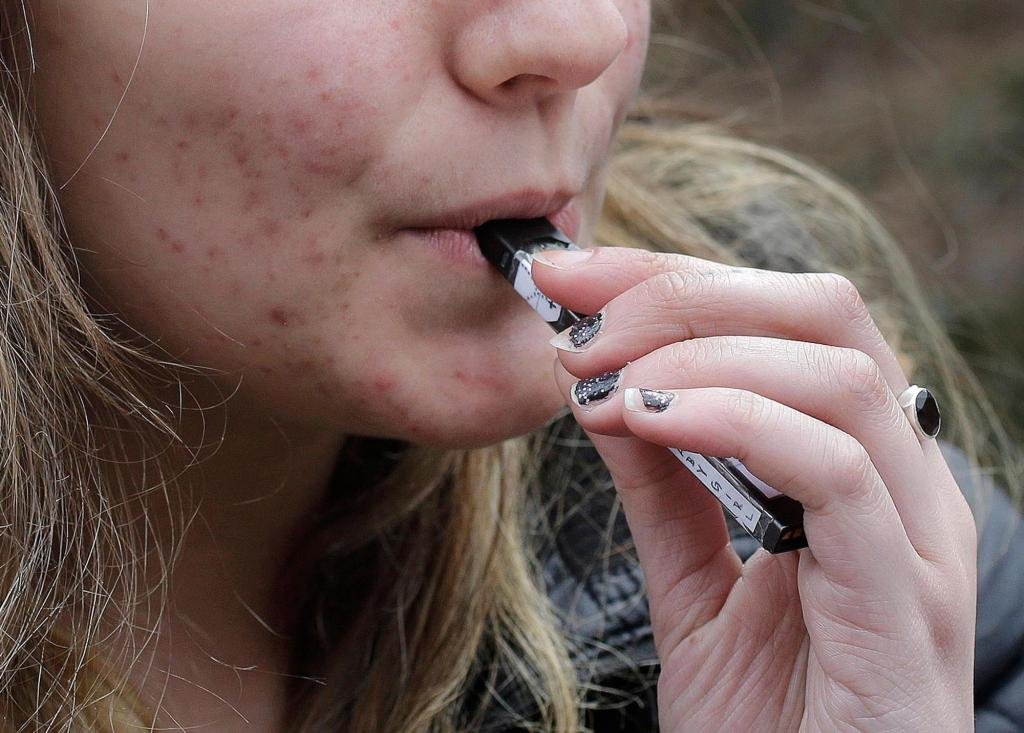The Supreme Court’s Ruling: A Win for Public Health and the FDA’s Vaping Enforcement
On April 2, 2025, the U.S. Supreme Court unanimously ruled in favor of the Food and Drug Administration (FDA) in a significant decision aimed at curbing the availability of sweet-flavored vaping products, particularly among teens. The ruling overturned a prior federal appeals court decision that had sided with Triton Distribution, a Dallas-based company seeking to sell flavored e-juices like "Jimmy The Juice Man in Peachy Strawberry." This bench decision marks a crucial chapter in the ongoing battle against teen nicotine addiction, highlighting the Supreme Court’s alignment with public health initiatives amid rising concerns about youth vaping.
Yolonda Richardson, CEO of the Campaign for Tobacco-Free Kids, heralded the Supreme Court’s ruling as a substantial victory for safeguarding the health of American youth. This decision comes as various studies reveal an alarming increase in electronic cigarette use among adolescents, depicting flavored vaping products as major contributors to nicotine addiction. The FDA had previously rejected over a million applications from companies marketing e-cigarettes with enticing flavors like fruit or candy, arguing that these products lacked demonstrable public health benefits, a requirement under federal law.
While the Supreme Court’s ruling currently stands, it does not definitively resolve Triton’s case. The justices did emphasize that the FDA’s evaluation of the company’s marketing plan should have been critical when assessing the application. Justice Samuel Alito, who authored the court’s opinion, noted that the appeals court must now reconsider whether the FDA’s oversight in failing to review this marketing plan could feasibly alter the case’s outcome in favor of Triton. This development sets the stage for further scrutiny of the FDA’s policies concerning vaping products and highlights a potential avenue for companies in the industry to challenge regulatory decisions.
Despite the ruling, the FDA’s stance on flavored vaping products is still formed around stringent public health criteria. The agency has only approved a select number of tobacco-flavored and menthol-flavored e-cigarettes, recognizing the latter as potentially beneficial for adult smokers trying to quit. This nuanced approach indicates the FDA’s intent to strike a balance between offering acceptable alternatives for adult smokers while effectively combating underage vaping. The shift in regulatory strategy reflects the FDA’s broader mission to enhance health outcomes and protect youth from the dangers of nicotine addiction.
However, the recent shake-up in the federal health workforce, highlighted by the removal of Brian King, the FDA’s top tobacco regulator, raises questions about the agency’s future direction. King had played a substantial role in issuing warnings to flavored vape manufacturers and leading the FDA’s enforcement efforts in this emerging public health crisis. His departure amid sweeping budget cuts may foreshadow changes in enforcement policies and regulatory vigor as the new administration reassesses priorities, especially in light of President Donald Trump’s previous commitments to “save” the vaping industry.
In summary, the Supreme Court’s ruling in favor of the FDA marks a critical stand against flavored e-cigarettes, emphasizing the importance of protecting youth welfare against the backdrop of rising nicotine addiction. The unanimous decision reinforces the necessity for robust regulatory oversight in the vaping industry while leaving the door open for Triton’s case to be reconsidered based on marketing strategies. As the FDA navigates future policies, the agency’s challenge remains: to balance adult smoking alternatives with the health of the nation’s youth and to maintain aggressive measures against the marketing of flavored products targeted at adolescents. This ongoing case will undoubtedly shape how both regulators and consumers approach the complexities of vaping and tobacco products moving forward.





